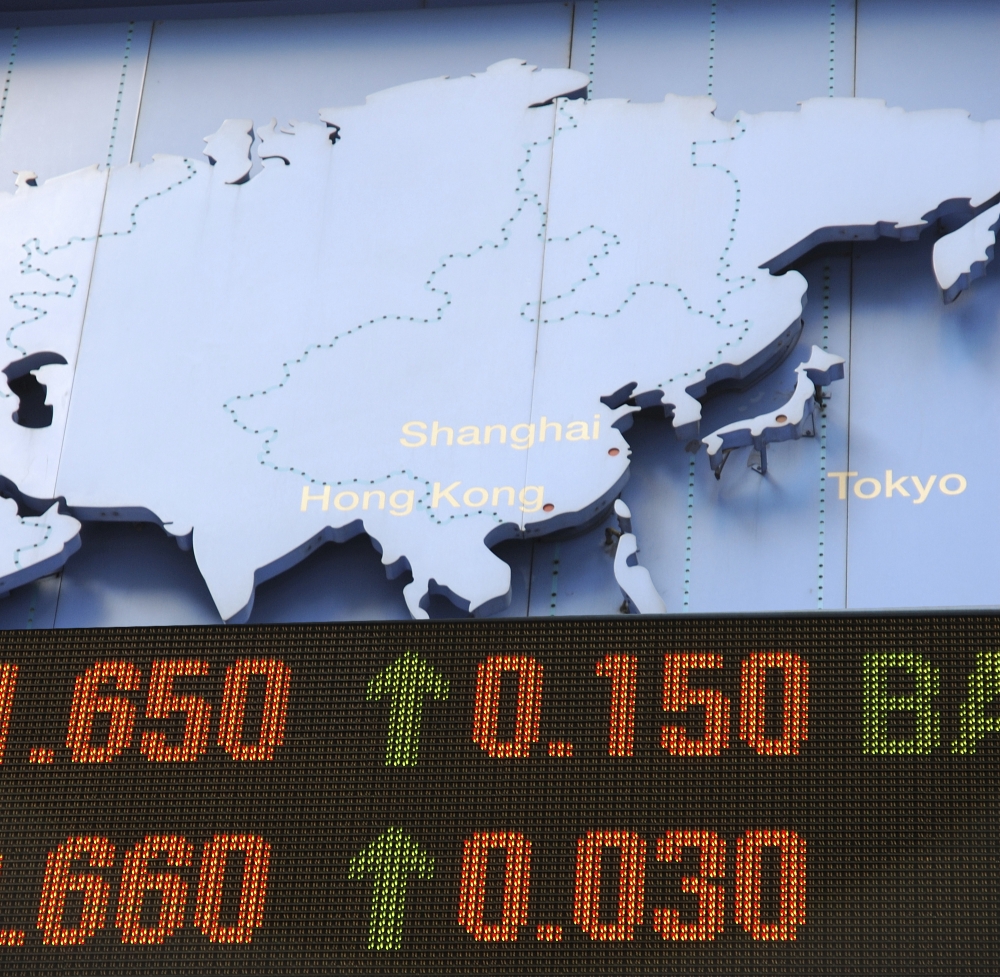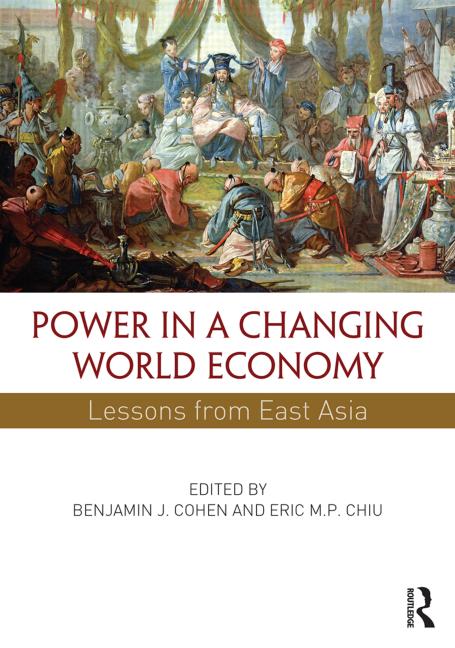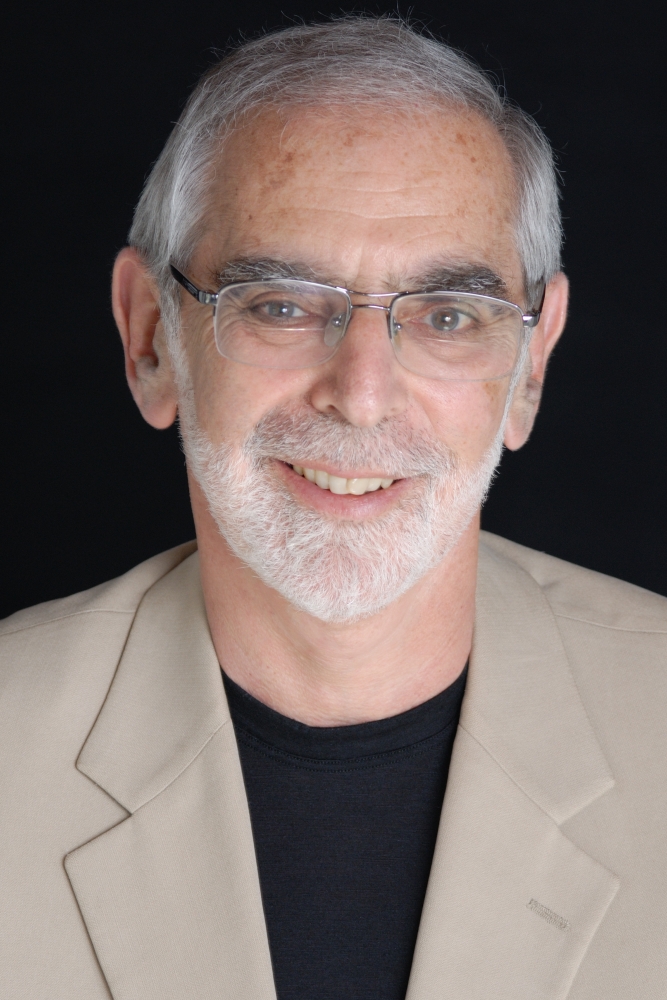
Power in a Changing World Economy


In every society, the defining currency of authority is power. Defining power, however, is, perhaps surprisingly, no simple task.
In his new book, “Power in a Changing World Economy: Lessons from East Asia” (Routledge, 2014), UC Santa Barbara’s Benjamin Cohen seeks to bring clarity to the issue. Co-edited with Eric M.P. Chiu of National Chung Hsing University in Taipei, Taiwan, the book features nine essays that analyze state power from the perspective of recent economic developments in East Asia.
Power is central to the study of international relations and international political economy, noted Cohen, the Louis G. Lancaster Professor of International Political Economy at UCSB, but a consensus among scholars about the basics of power is extraordinarily lacking.
Cohen sought to examine the meaning, sources, uses and limits of power in international political economy, or IPE, with each of the nine contributing scholars analyzing a separate case study through the lens of those facets of power.
According to Cohen, those case studies reveal a number of unexpected conclusions, especially concerning China. “One of the dominant questions as far as the East Asian region is concerned is the rising power of China,” said Cohen, a specialist in the political economy of international money and finance. “One of the things that we learned from these various essays is that, in many cases, Chinese power is much more limited than people had anticipated.”
Cohen explained that power is expressed in two forms: influence and autonomy. Influence, he said, is getting someone to act according to your wishes; autonomy is the ability to act independently, without constraint. “All this casual talk about the rise of China and Chinese power overlooks the fact that to this point China’s power has been mainly in the form of greater autonomy, greater ability to act independently, not in the area of influence,” Cohen said. “They haven’t been able to actually take that capability and get others to do what they want. Some of the case studies are very clear on that.
“So one of the basic things we learned was that there are many instances in which Chinese power is much more limited than it appeared to be” he added. “Size is not power, and that’s one of the important points. That was one of the most fundamental lessons.”
“Power in a Changing World Economy” is the result of an invitation Cohen received from a group of Taiwanese academics. “This was a project deliberately designed to encourage more intellectual exchange between American and Taiwanese scholars,” Cohen noted. “They said I was free to choose the subject, and so I thought this would be a good opportunity to try to sort through some of these issues in the analysis of power in international relations.”
The book project also provided an opportunity to engage a new generation of scholars in IPE. The Taiwanese contributors are relatively young, Cohen noted, with most being five to 10 years removed from completing their doctoral degrees. “I was part of the generation that created the modern field of IPE. I’m one of the few still left standing after all these years. I’m not going anywhere,” he said.
Indeed, Cohen’s own essay in the book — “The Yuan’s Long March” — is something of a preview of his next book. Set for publication in 2015, “Currency Power” will examine the widely held belief that the Chinese yuan will eclipse the dollar as the global currency — a notion that Cohen disputes.
“One of the central themes of the book is that, despite expectations to the contrary, the dollar, in my opinion, will remain the central currency of the global system into the foreseeable future, which I define as my lifetime,” he said. “There are significant problems that will make it very difficult for the yuan to challenge the dollar as the global currency. That’s not a popular view, but it’s the view that I take in the chapter. I build on that chapter to develop a more extensive discussion in the new book.”



